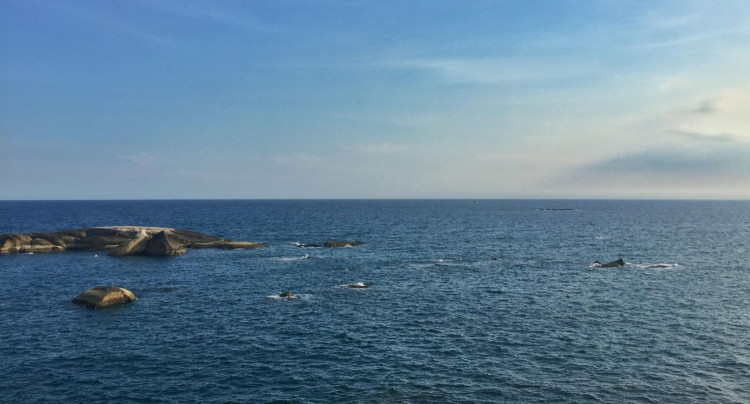China asserted on Monday that it has sovereign and administrative powers over the Taiwan Strait, contradicting U.S. claims that the strait is composed of international bodies of water.
"In UNCLOS, there is no concept of international waters. By asserting that the Taiwan Strait is international seas, some nations attempt to justify their manipulation of the Taiwan problem and endanger the sovereignty and security of China," Foreign Ministry spokesman Wang Wenbin said.
According to Wang, the strait is part of China's territorial waters and exclusive economic zone, as established by the United Nations Convention on the Law of the Sea (UNCLOS) and Chinese law.
Wang stated in Beijing, China has sovereign powers and control over the Taiwan Strait, while respecting the legitimate rights of other nations in the relevant marine areas.
Based on the UNCLOS papers, governments may claim a zone 12 nautical miles (22 km) from the coast as their territorial seas, over which they exercise complete sovereignty.
Furthermore, they can claim waters up to 200 nautical miles from the shore as an exclusive economic zone, where they have a sovereign right to the water column and seafloor as well as resources.
The legislation does not define "international waters," however the word is commonly used to refer to seas beyond the territorial sea or areas beyond EEZs that do not fall under the jurisdiction of any state.
In reaction to claims that Chinese military officials have frequently told their American colleagues that the Taiwan Strait, which is 220 nautical miles wide at its widest point, is not international waters, Wang made his remarks.
He emphasized Beijing's stance that Taiwan is an integral part of China and stated that China's territorial waters and EEZ encompass the whole strait.
The strait that divides the Chinese mainland from Taiwan has been viewed as a potential international flashpoint, and Beijing has never renounced the use of force to subjugate the island.
Saturday, Singapore's Minister of Defense Wei Fenghe informed his American counterpart Lloyd Austin at the Shangri-La Dialogue:
"If someone dares to separate Taiwan from China, we would battle without hesitation... We will fight no matter the cost. And we shall fight till the end. This is China's sole available option."
The United States has not signed UNCLOS. In addition to periodic transit of naval ships and fighters across the Taiwan Strait, the US military routinely sends warships near Chinese-controlled islands and reefs in the contested South China Sea.





